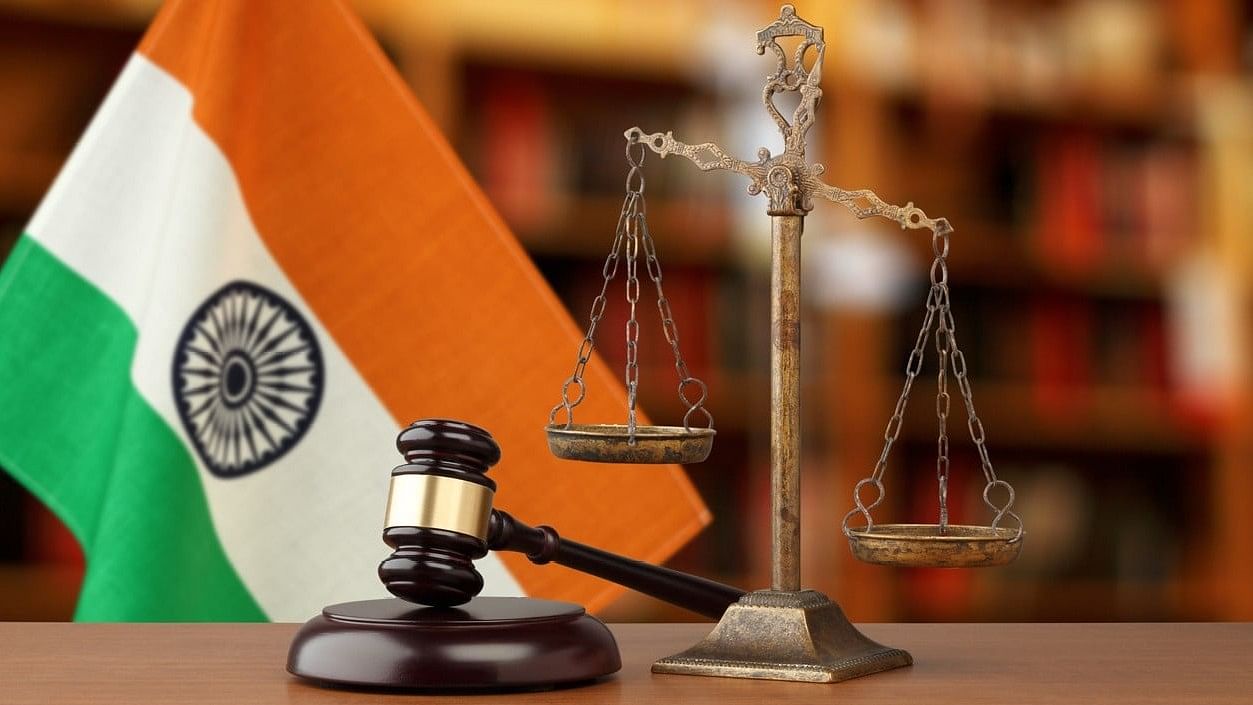
The new criminal code, Bharatiya Nyaya Sanhita, came into effect from July 1.
Credit: iStock Photo
Chennai: Tamil Nadu government on Monday constituted a one-man committee headed by a retired judge of the Madras High Court to study and recommend amendments and name change that can be done by the state to three new criminal laws that came into force on July 1.
Justice (retired) M Satyanarayanan will study the three new laws -- Bharatiya Nyaya Sanhita (BNS), 2023, Bharatiya Nagrik Suraksha Sanhita (BNSS), 2023, Bharatiya Sakshya Adhiniyam (BSA), 2023 – and submit the report in a month’s time.
“In a meeting of higher officials held today, it was decided to amend these laws and a committee headed by retired Hon'ble justice M Satyanarayanan has been constituted for the purpose,” Chief Minister M K Stalin said in a statement.
Stalin alleged that the BJP government has implemented the new laws without hearing the views of the states and holding debates in Parliament, which has led to various protests and protests across the country.
“The DMK and the Tamil Nadu government continue to oppose the new laws,” Stalin said, though the state has begun implementing the new laws and fast-tracking translation of the new acts from English into Tamil, besides providing necessary training to those in the judiciary and police department.
The government’s efforts come even as Chief Minister M K Stalin, in a letter to Union Home Minister Amit Shah in mid-June, demanded deferment of implementation of the new laws pending consultation with state governments citing practical issues.
Stalin, in the letter, spoke in detail about the issues faced by state governments in implementation of the three new criminal laws which will replace the existing Indian Penal Code, 1860, the Code of Criminal Procedure, 1973, and the Indian Evidence Act, 1872.
The state government had flagged that some provisions in BNSS and BNS are ambiguous or self-contradictory and implementation of these new laws will require discussions with academic institutions and revision of syllabus for Law College students which require sufficient time.
The capacity building and other technological requirements for the stakeholder departments like judiciary, police, prisons, prosecution and forensic need sufficient resources and time, the government felt.